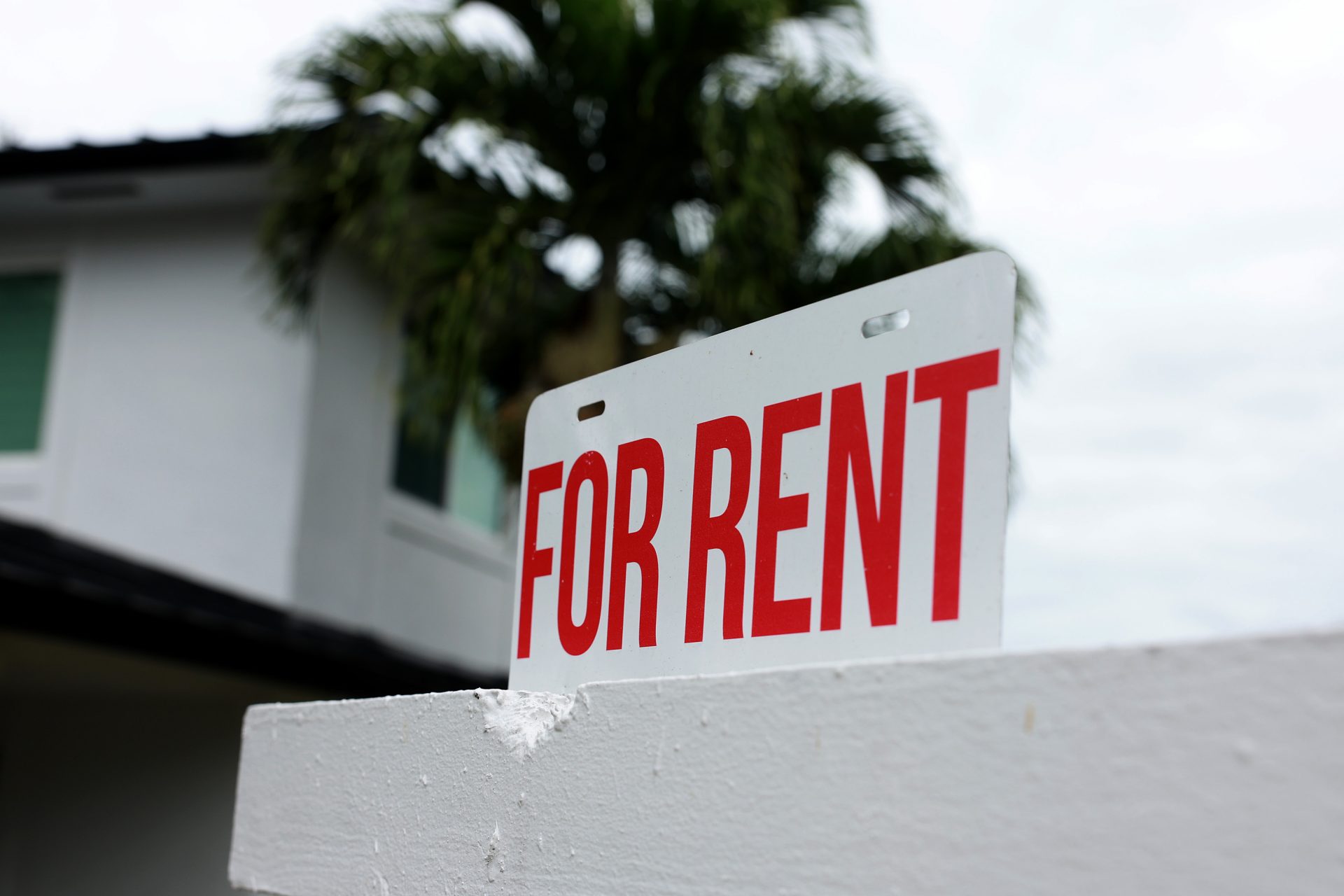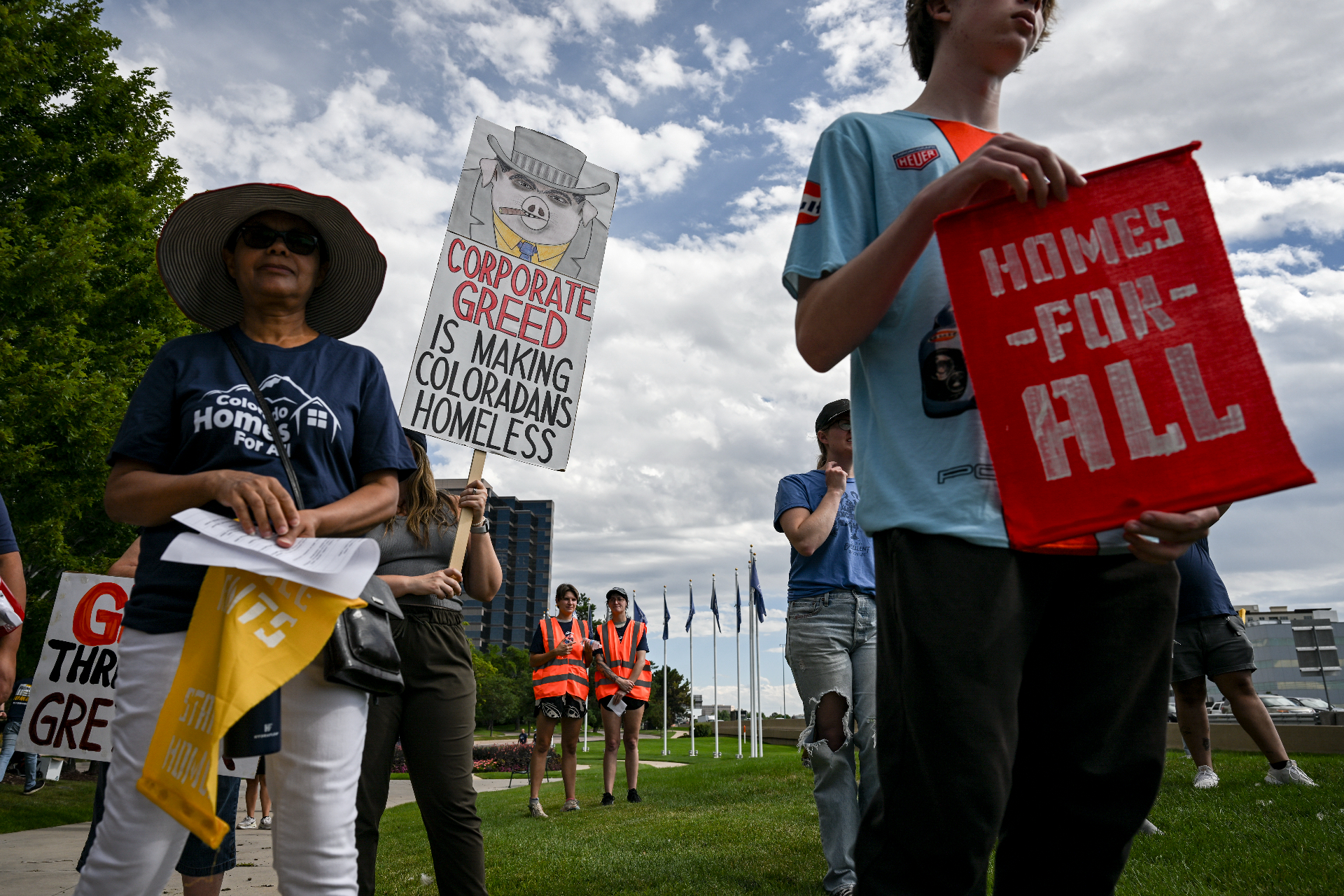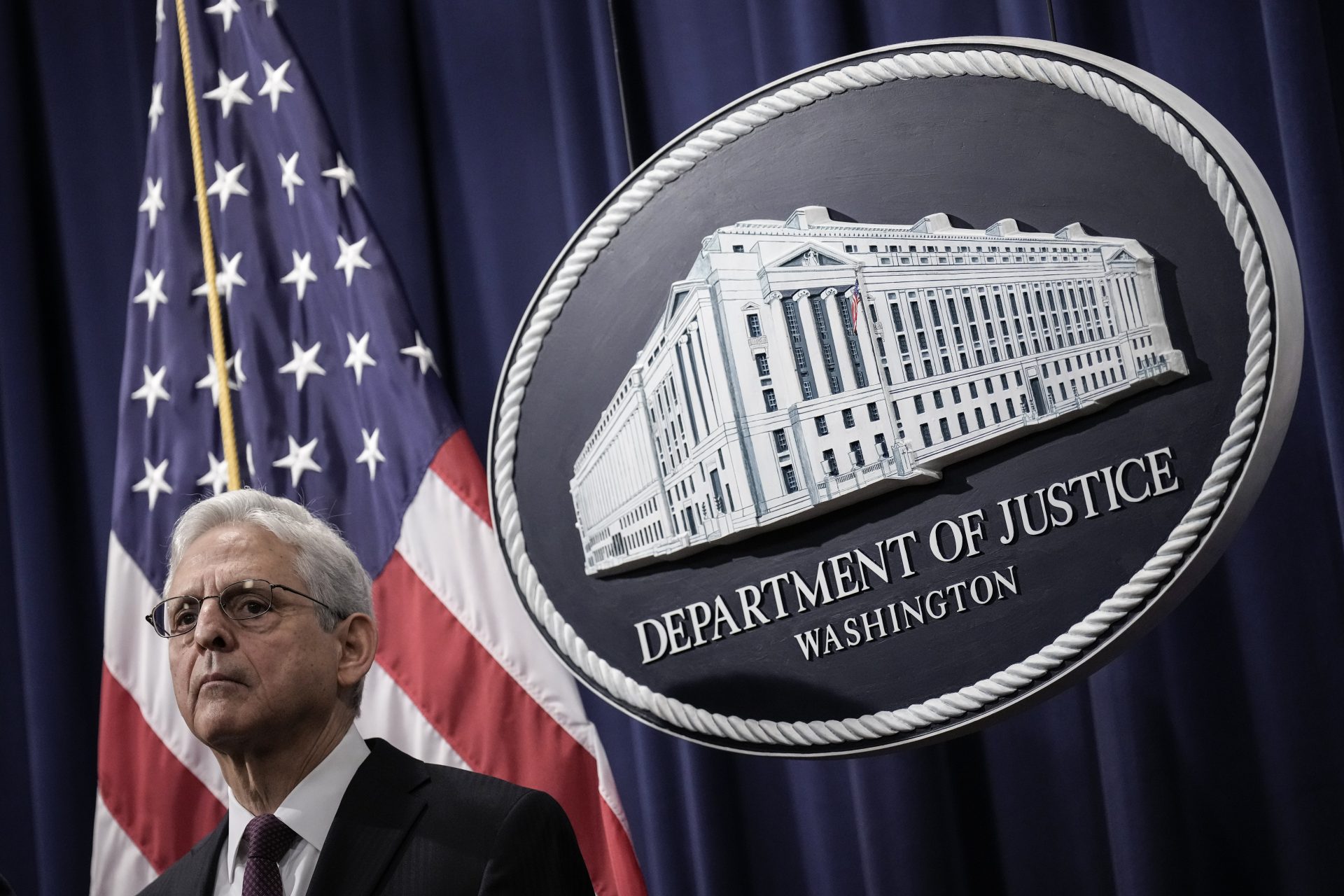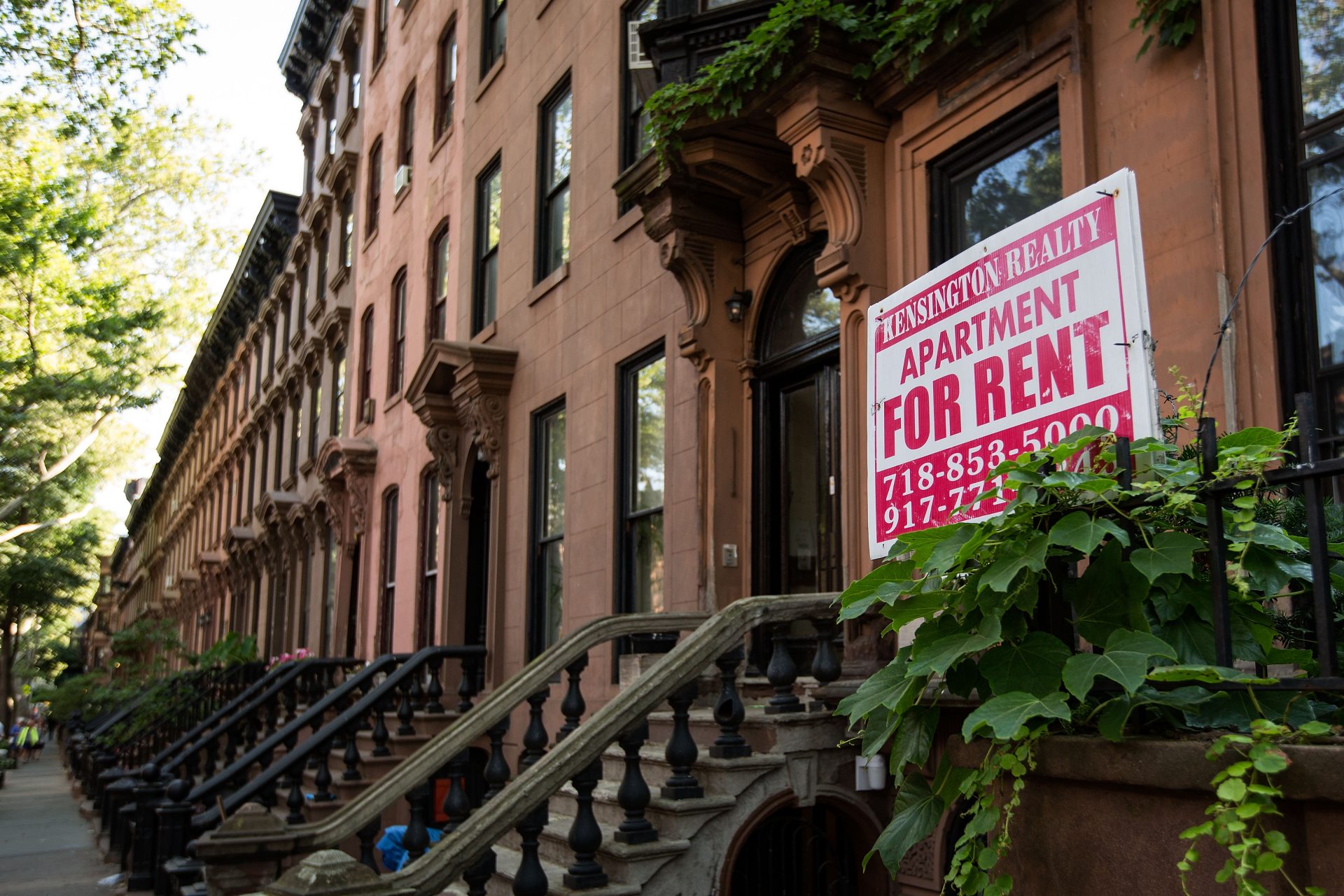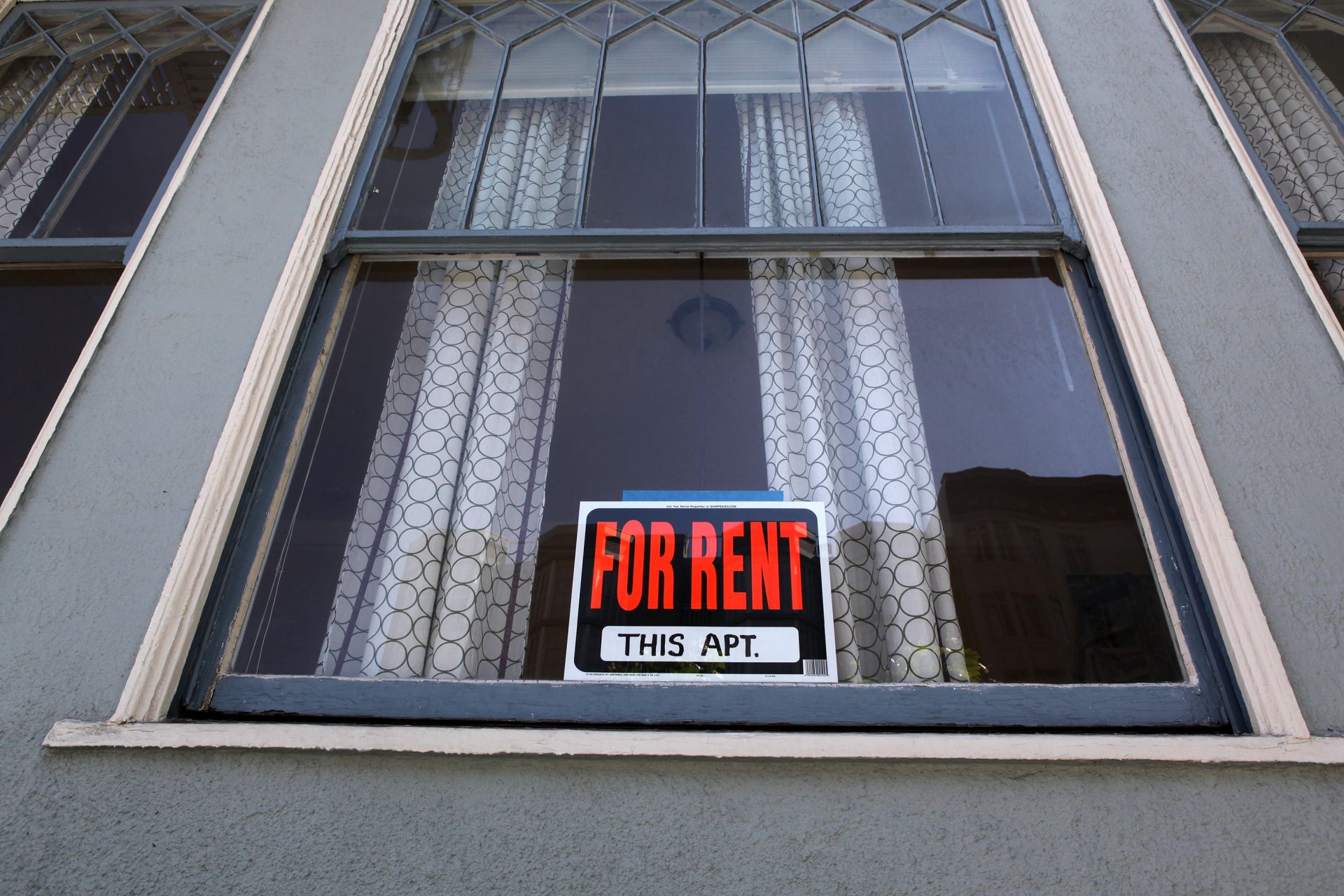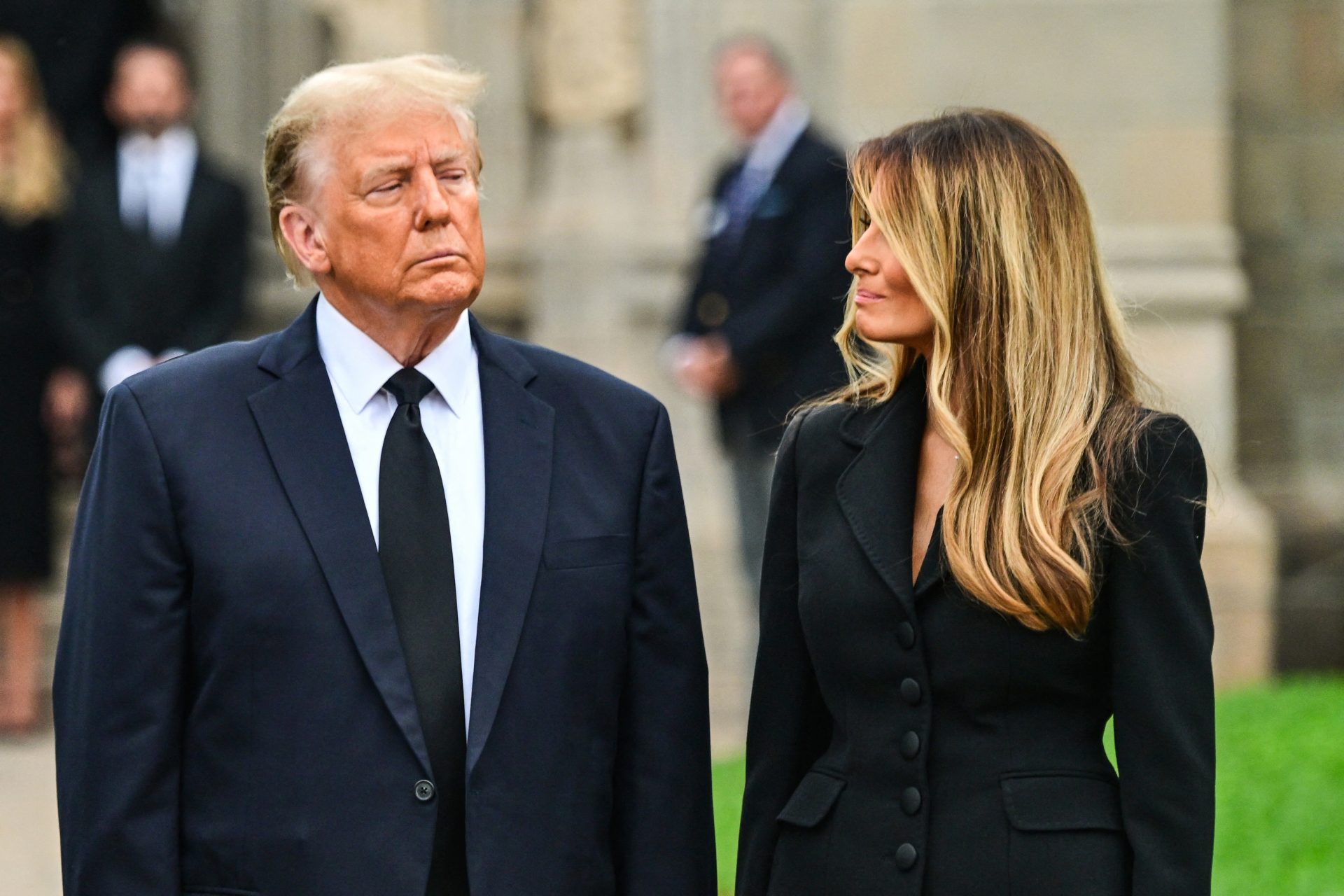The US government is suing the country's largest landlord for price-fixing and hidden fees
The Wall Street Journal reported that the Federal Trade Commission will sue the largest US landlord over hidden fees. This is the second lawsuit US officials have filed against the company.
The FTC is suing Greystar, which, according to the newspaper, owned over 100,000 units in 2024. The agency said the company failed to disclose some fees to potential renters.
According to the WSJ, the FTC said Greystar did not disclose fees for things like pest control, trash services, or tenant background checks in its ads for potential renters.
The newspaper said Greystar includes fee details in its contracts and has a "fee guide" at the bottom of its ads. Still, the FTC argues that these fail to alert future clients of the actual costs of the rentals.
It is not the only lawsuit that Biden officials are filing against large landlords. Only a week before, the Department of Justice sued major property managers for price-fixing.
The DoJ lawsuit was first aimed at digital rental software firm RealPage but then expanded to include six major landlords, including Greystar.
Eight states backed the DoJ in its lawsuit: California, Colorado, Connecticut, North Carolina, Minnesota, Oregon, Tennessee, and Washington. Two others, D.C. and Arizona, had already sued RealPage.
According to NPR, the six landlords accused by the DoJ collectively operate more than 1.3 million units in 43 states and the District of Columbia.
The lawsuit comes during a deep housing crisis in the US, with a constrictive real estate market and low house inventory.
Still, the DoJ claims that the seven companies conspired to keep rental prices high through algorithms and information-sharing, deepening the crisis.
According to the lawsuit, RealPage created an algorithm to suggest rental prices to landlords using sensitive competitive information, allowing them to align their prices.
According to NPR, the lawsuit also stated that the six landlord companies shared sensitive pricing information with each other via email, phone calls, and groups.
The DoJ and the eight states allege these practices have allowed the landlords to undermine competition and homogenize prices, affecting consumers and keeping rents high.
Both lawsuits are part of a broader pattern of tight antitrust overseeing by the Biden Administration. The FTC and the DoJ have prosecuted other companies for the same issues.
However, according to the WSJ, the future of the lawsuit, particularly the FTC one, is uncertain under the new Trump Administration, which will start around the same time.
The newspaper said President-elect Trump's appointees to the FTC are also keen on continuing a tight antitrust vigilance over tech companies, but they have not mentioned other sectors.
More for you
Top Stories



